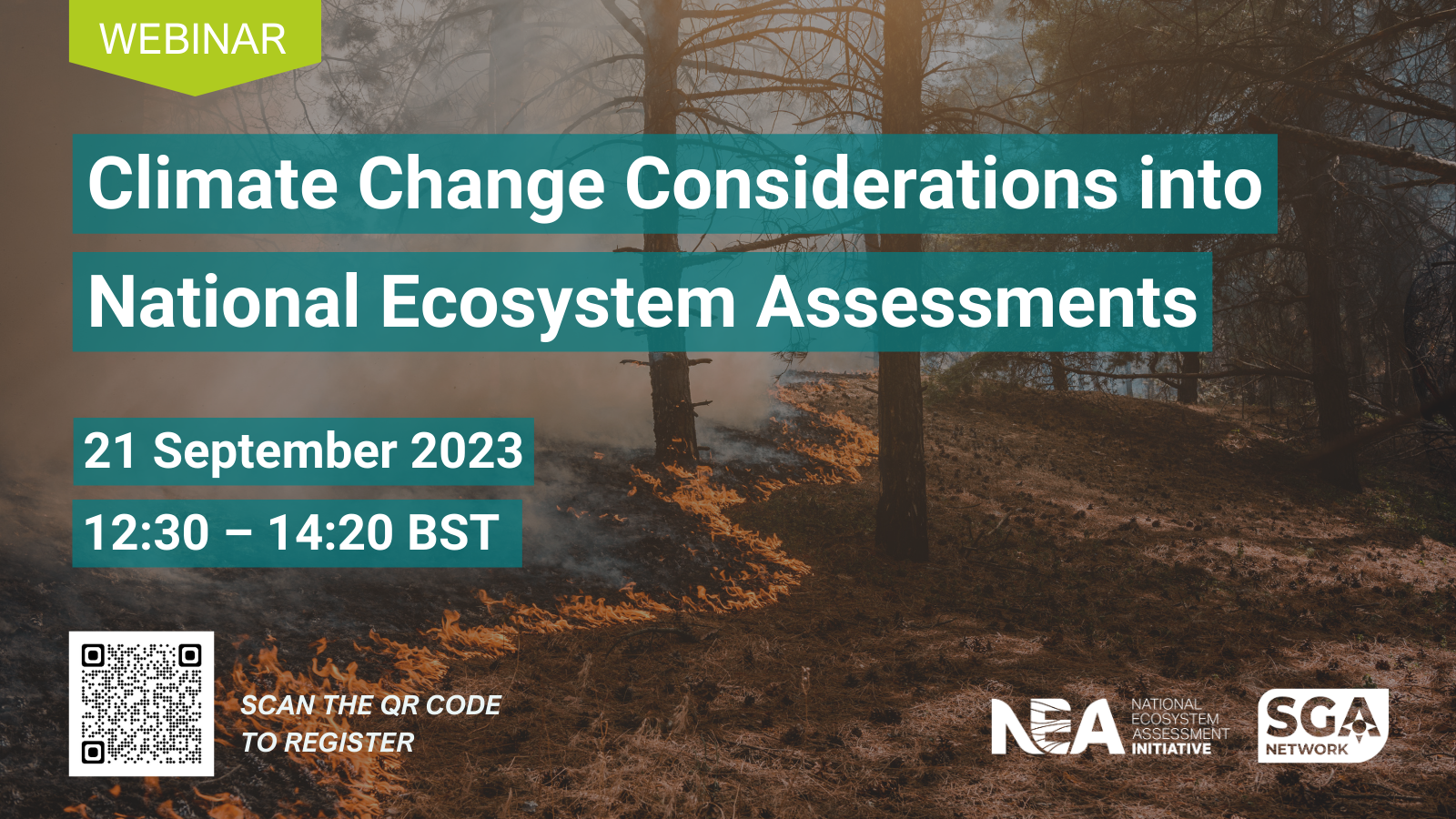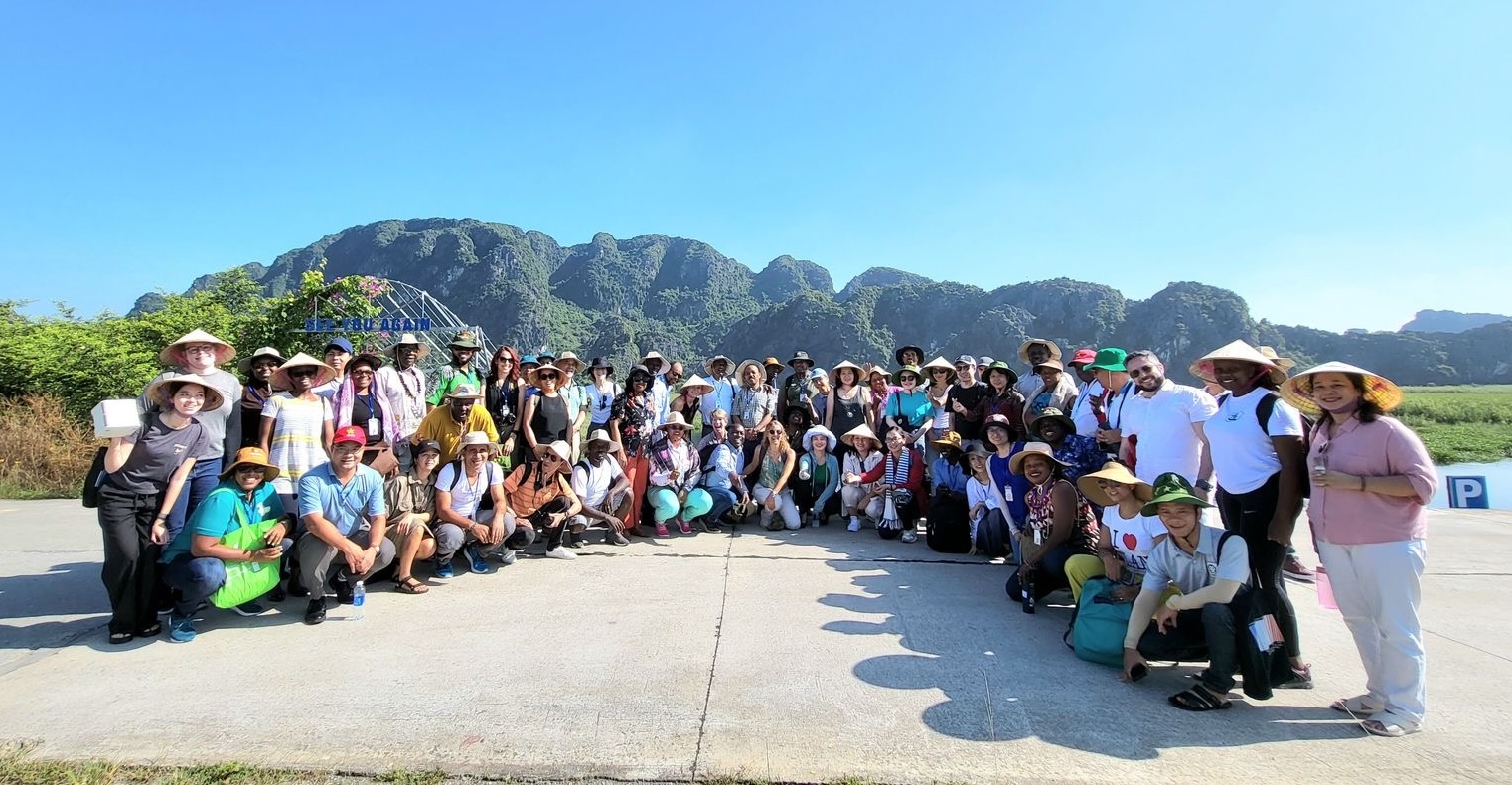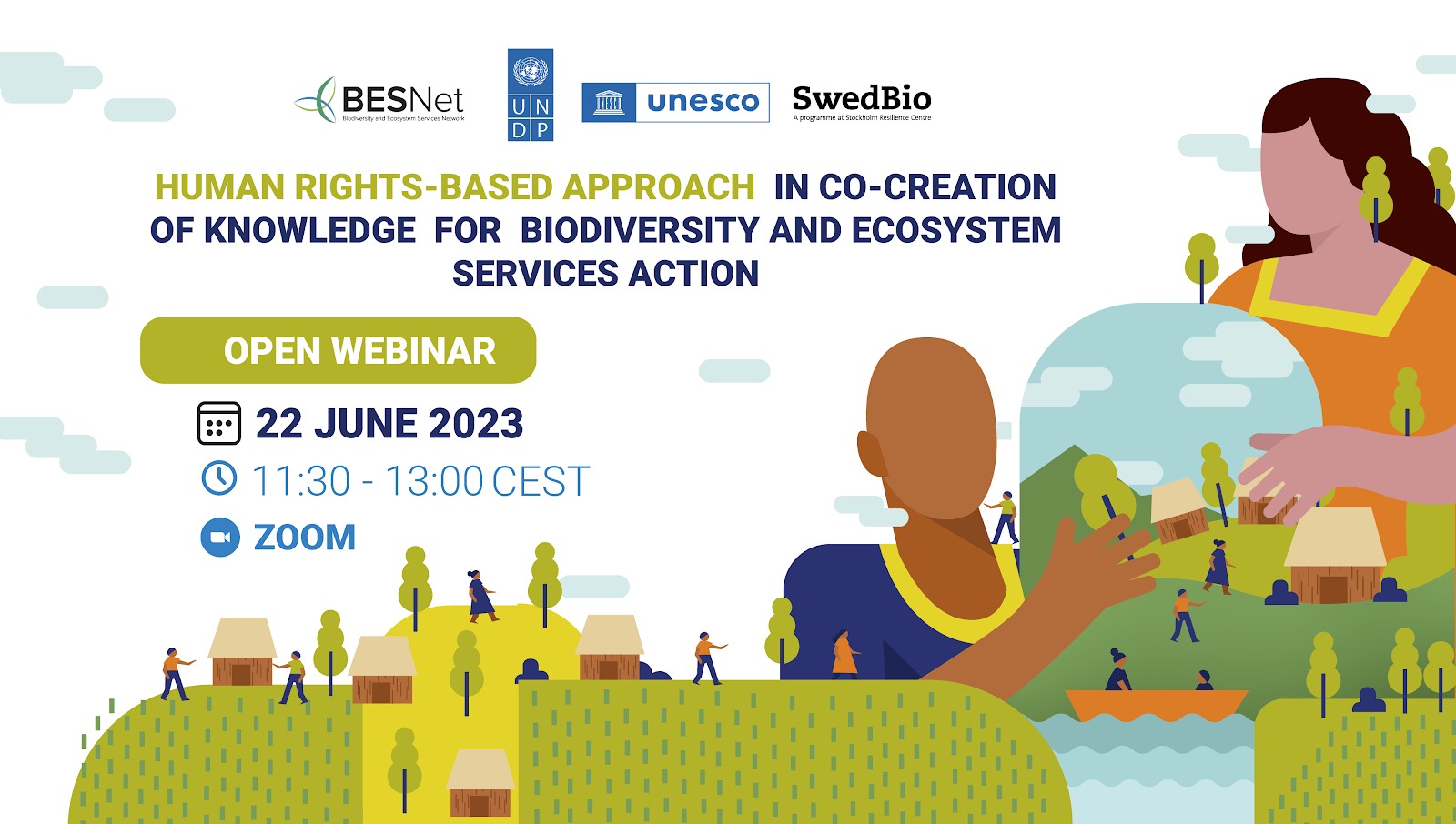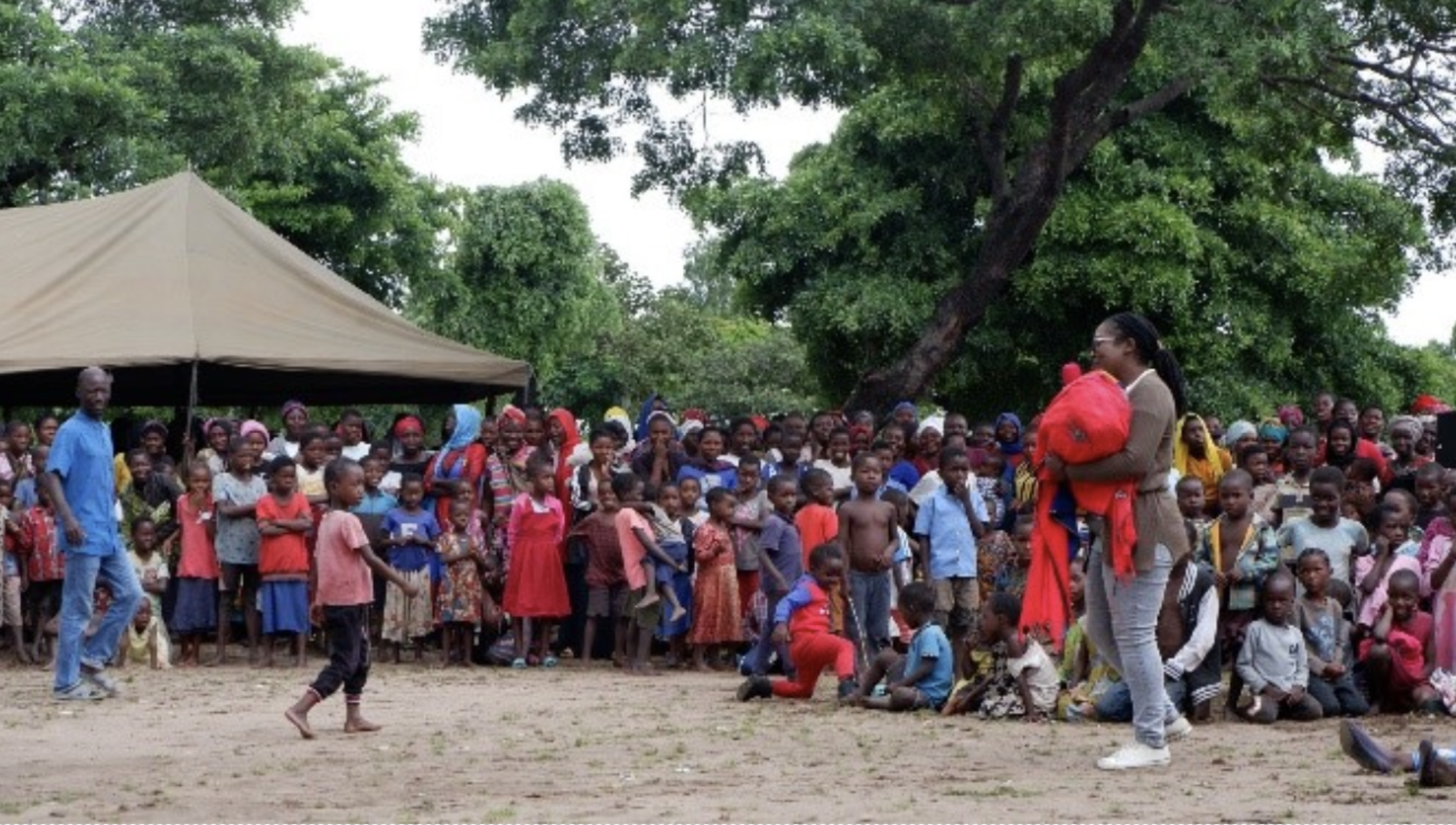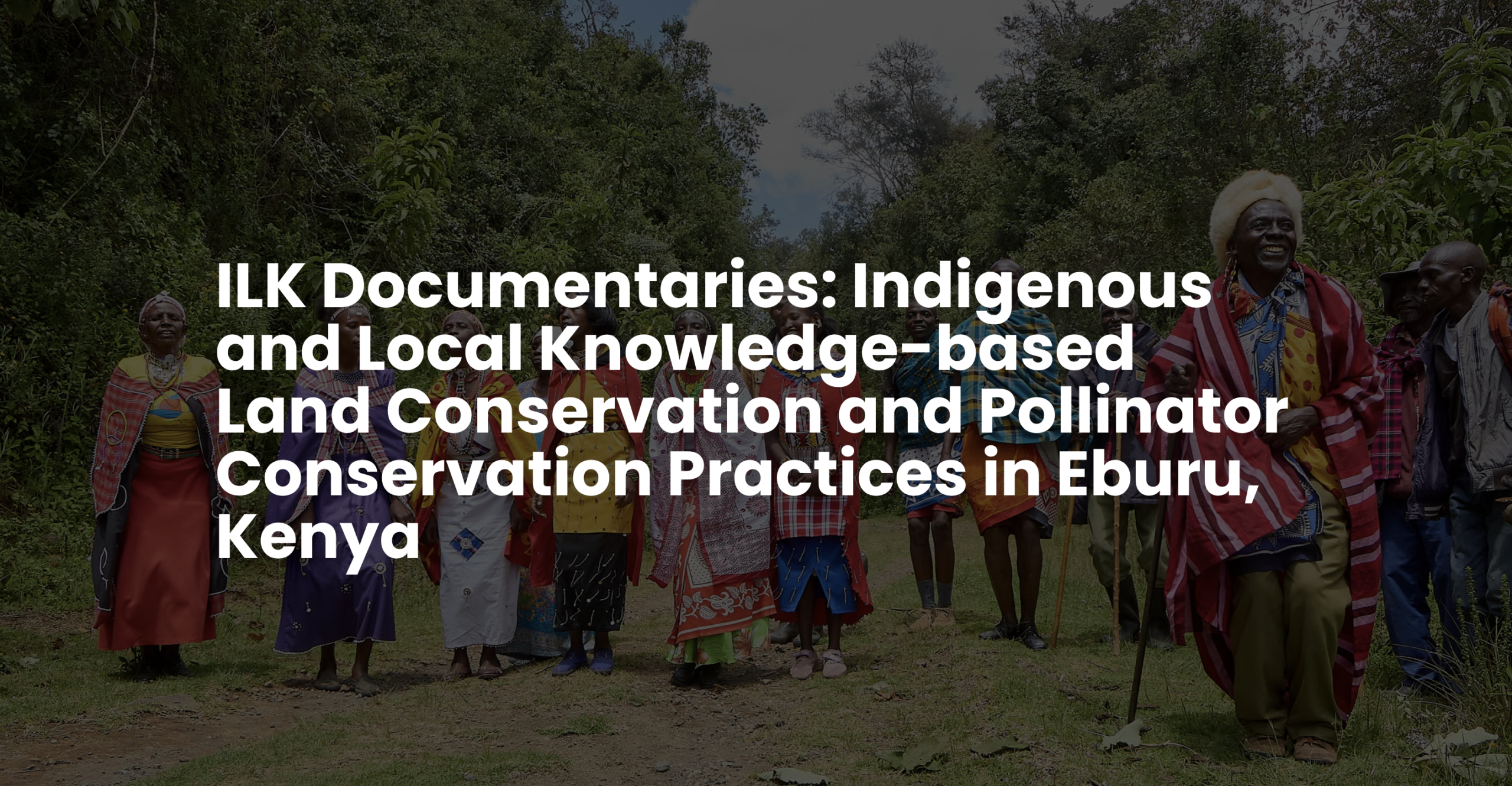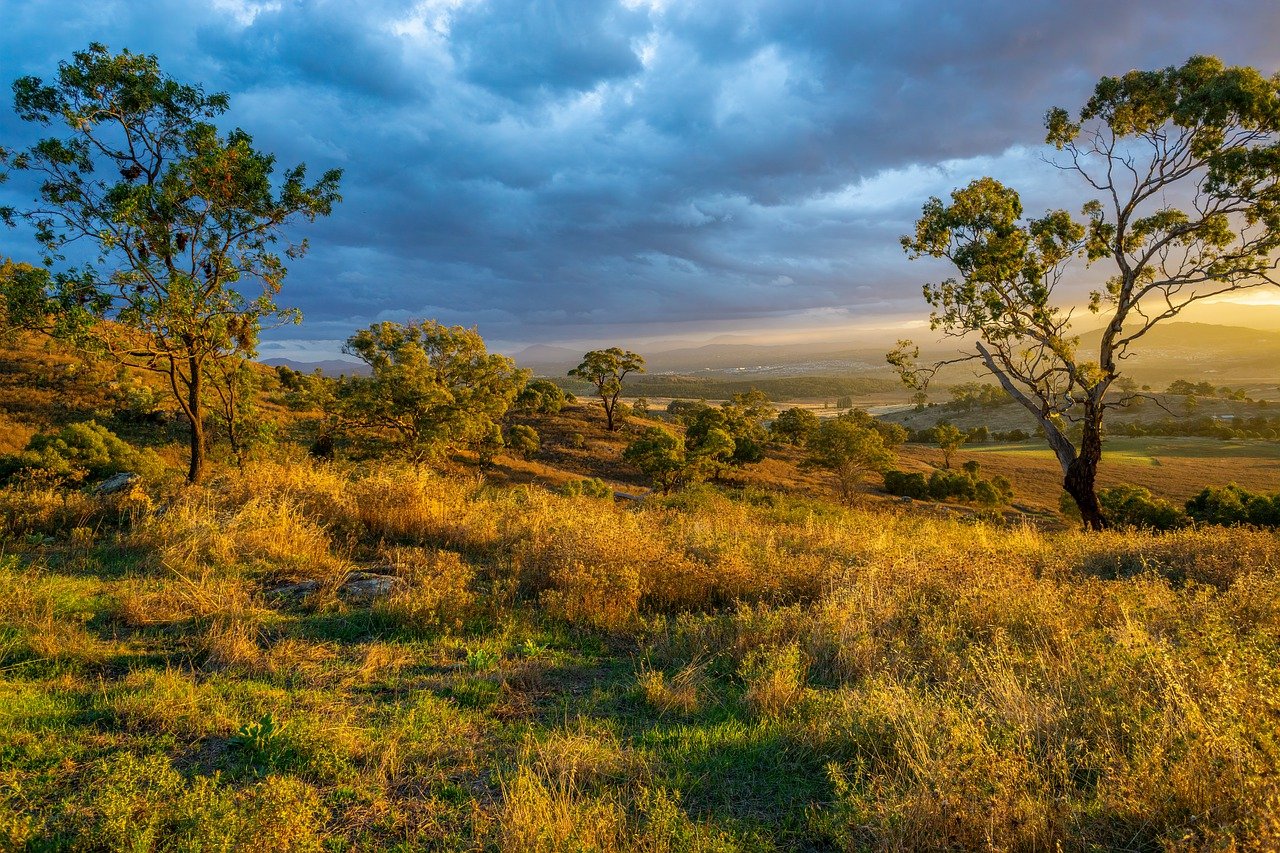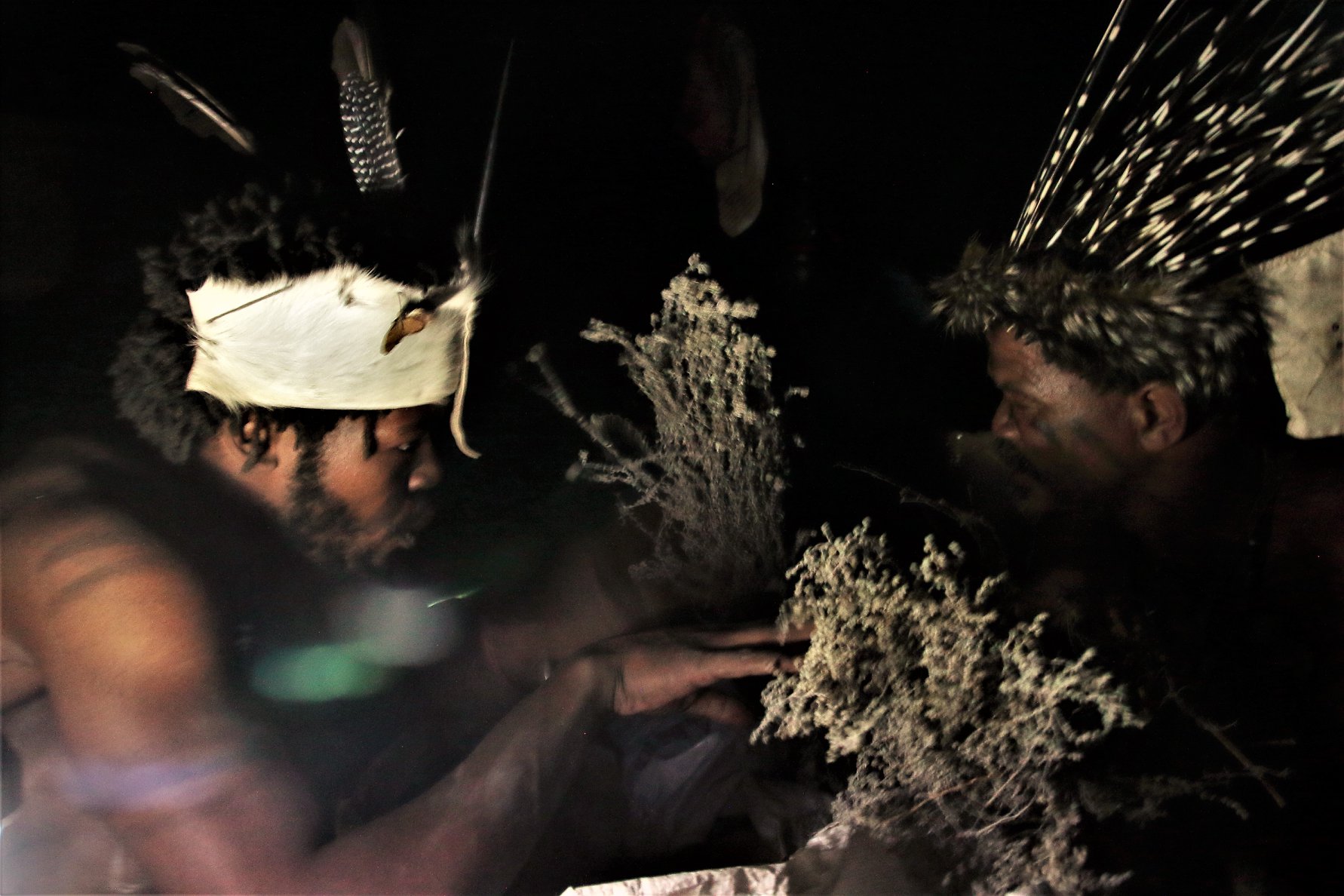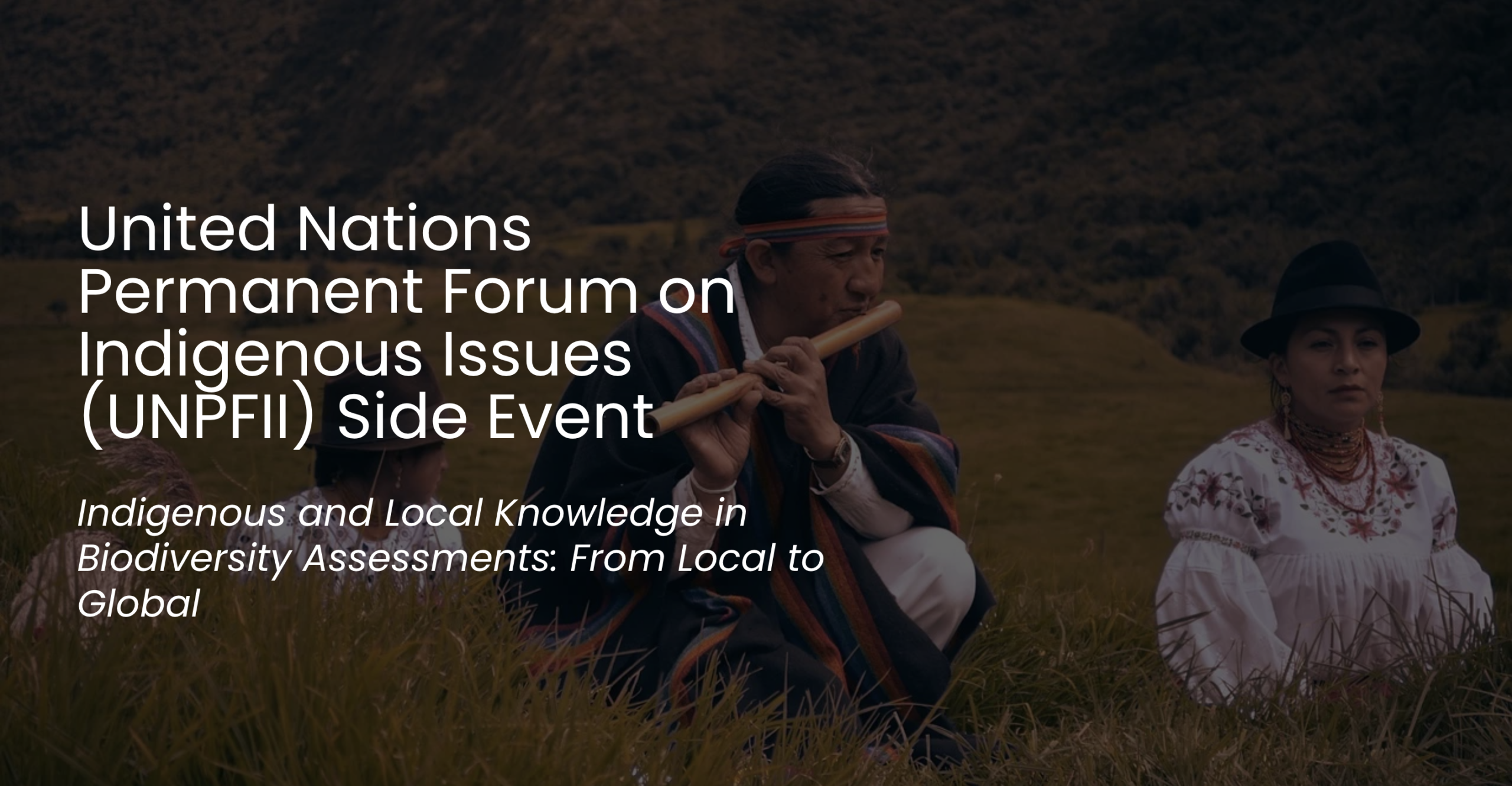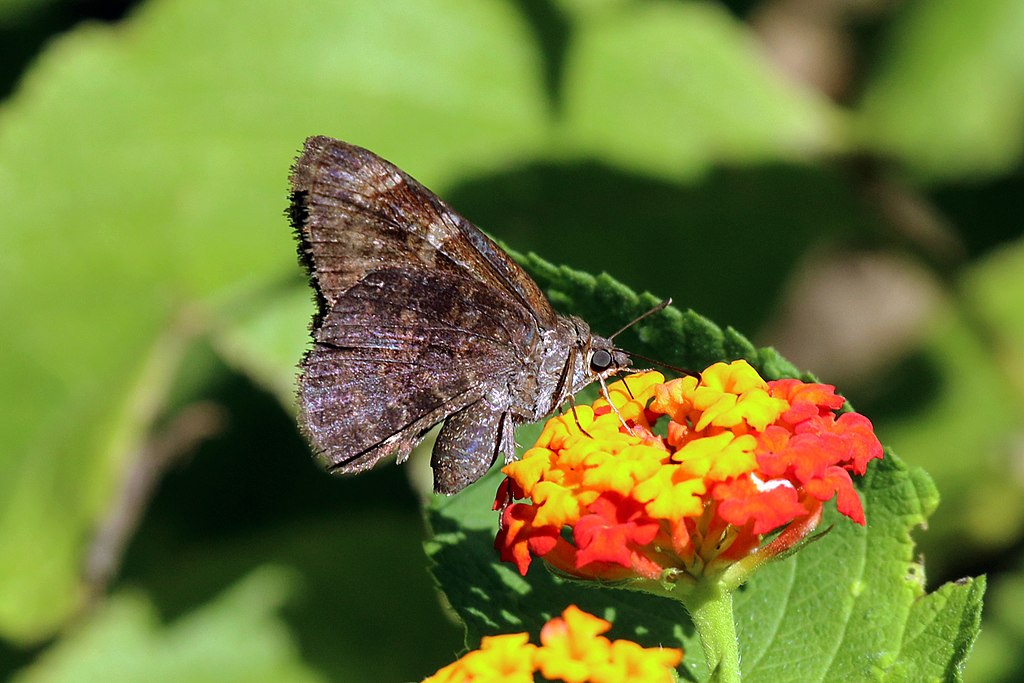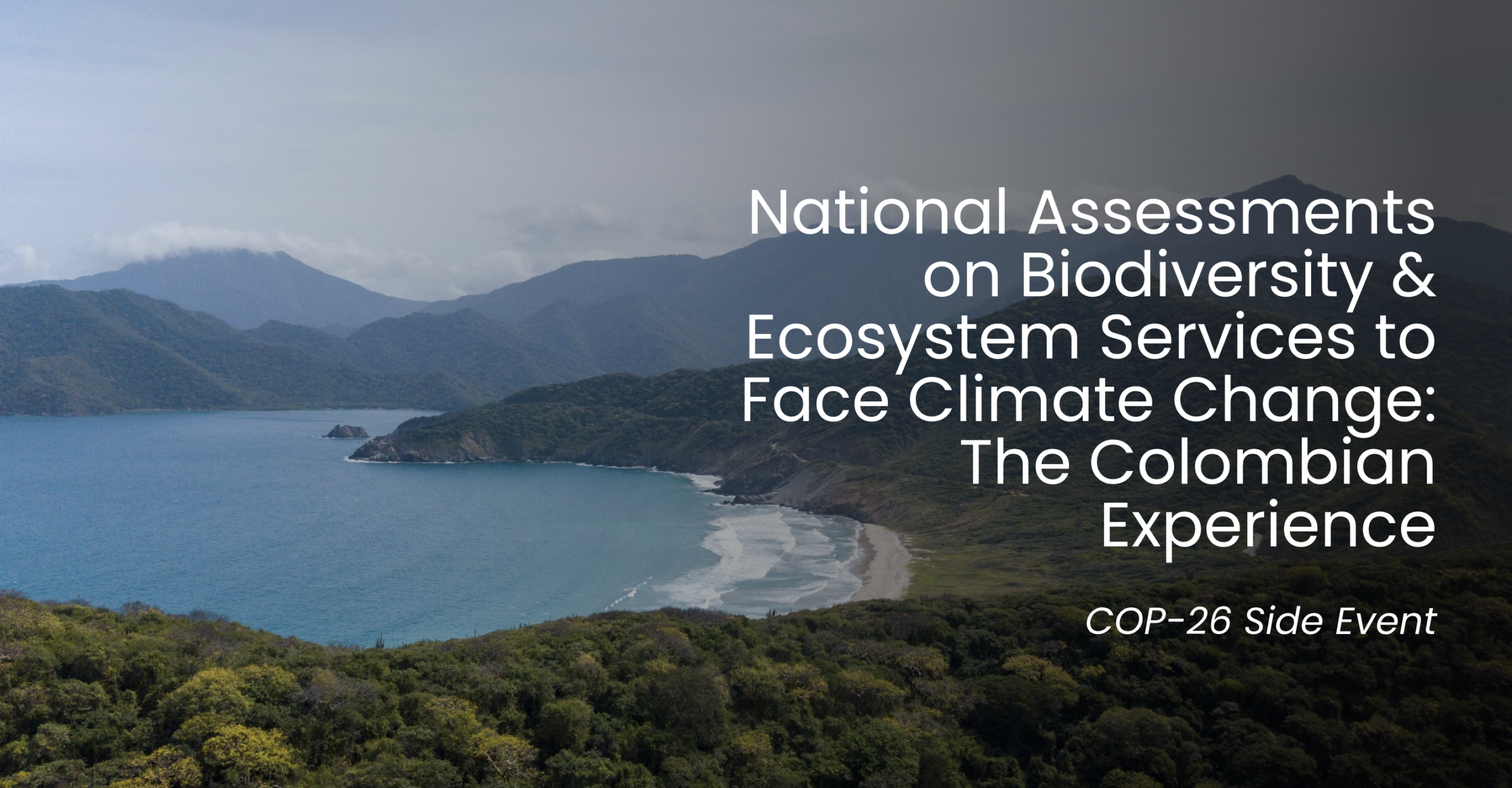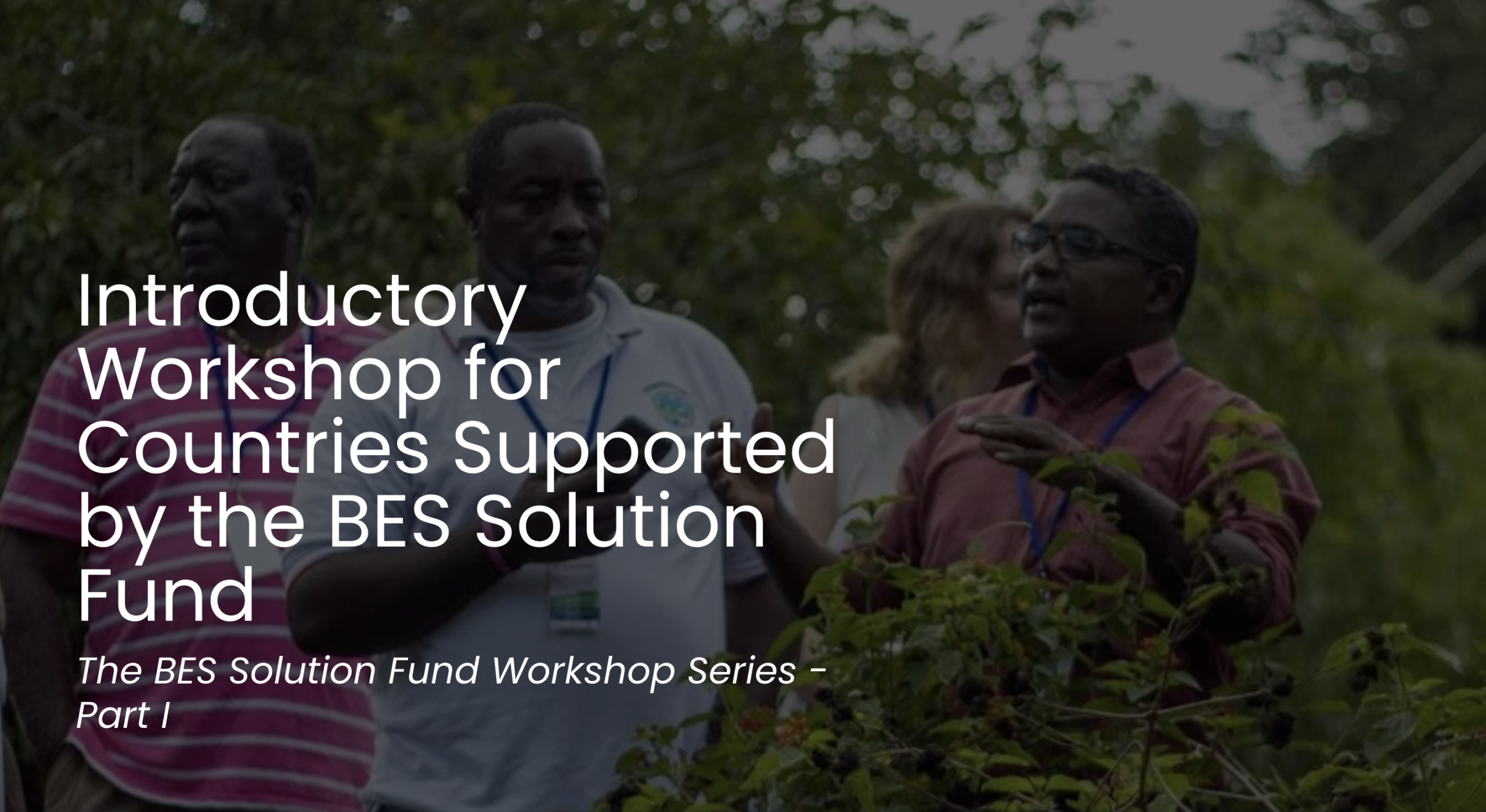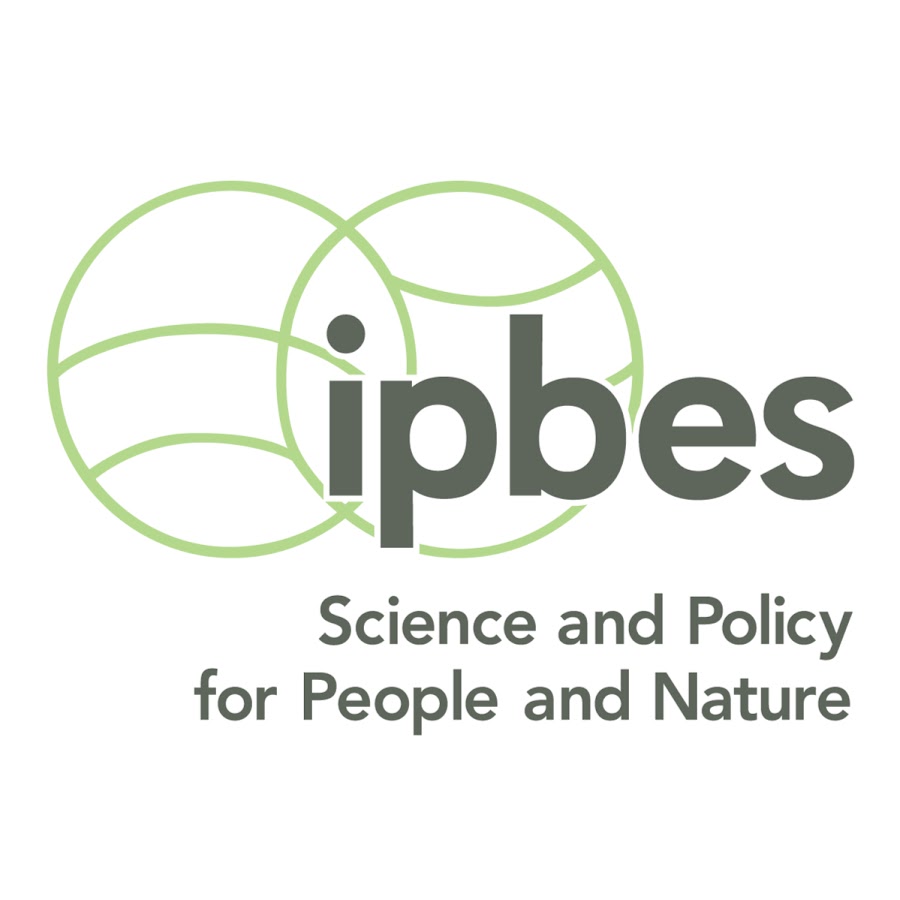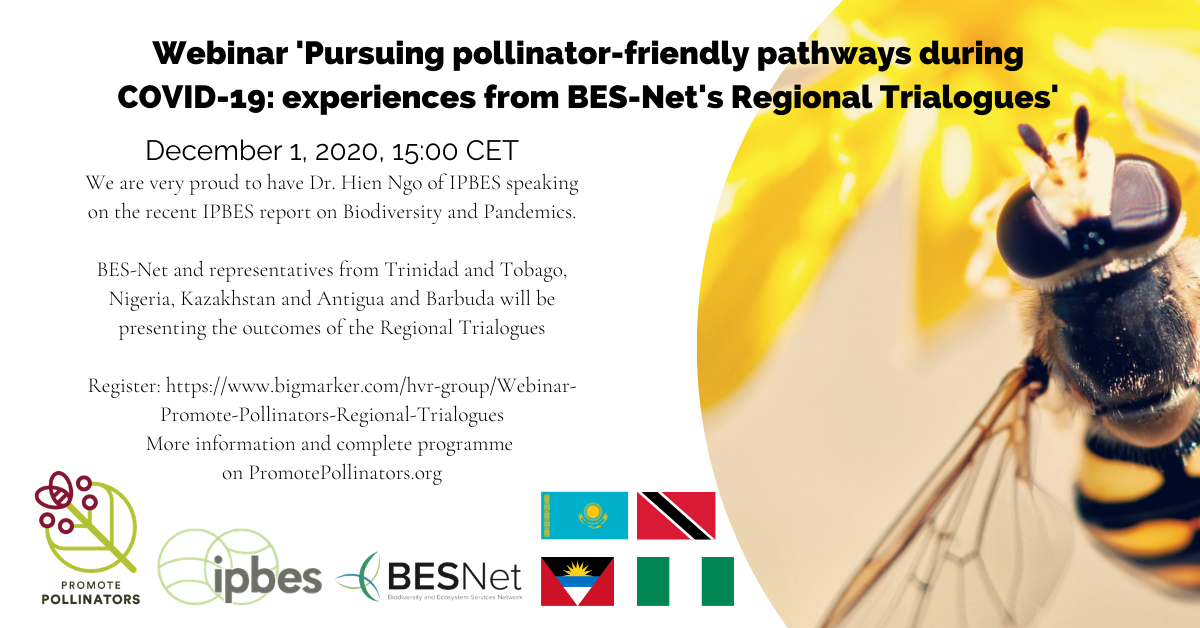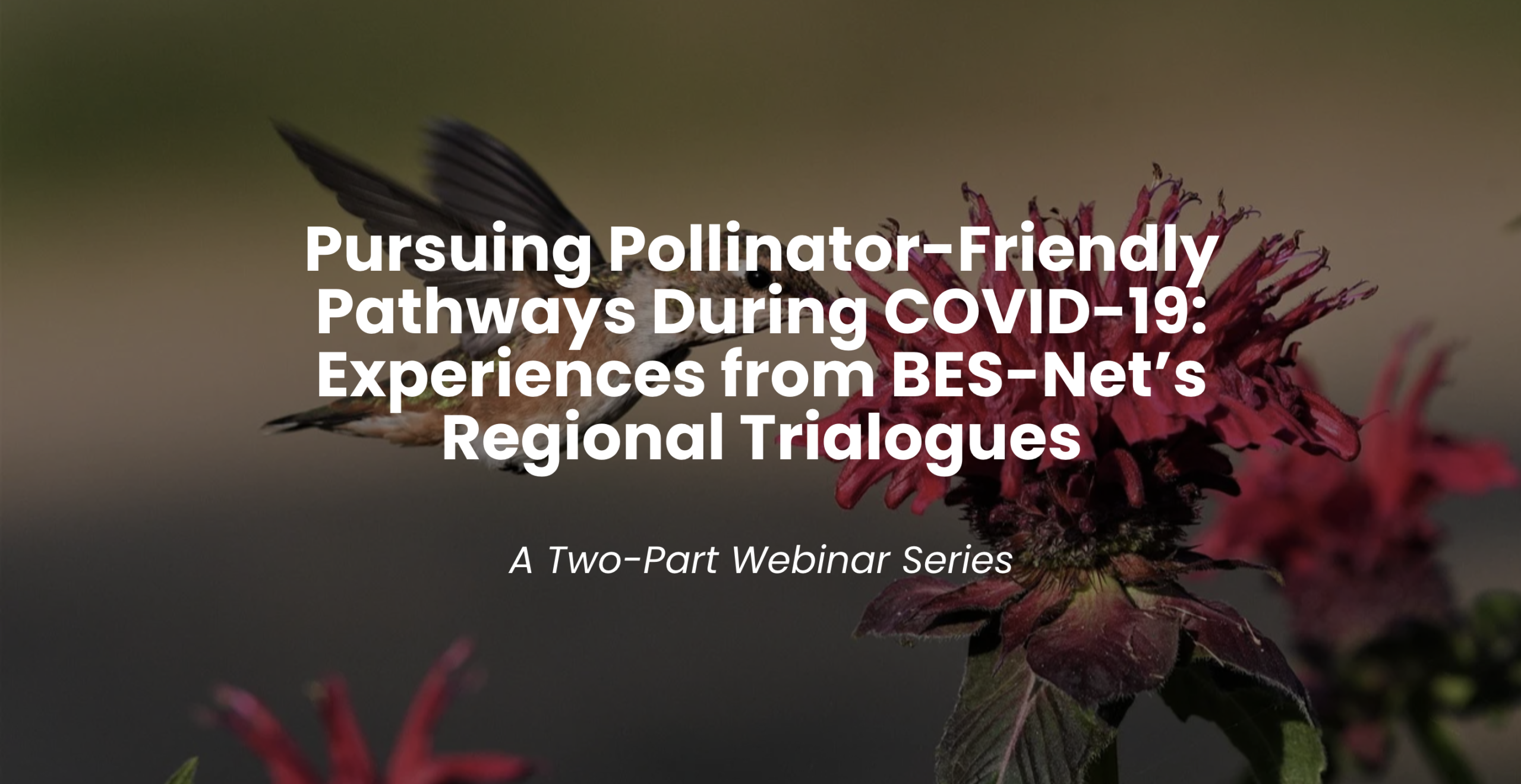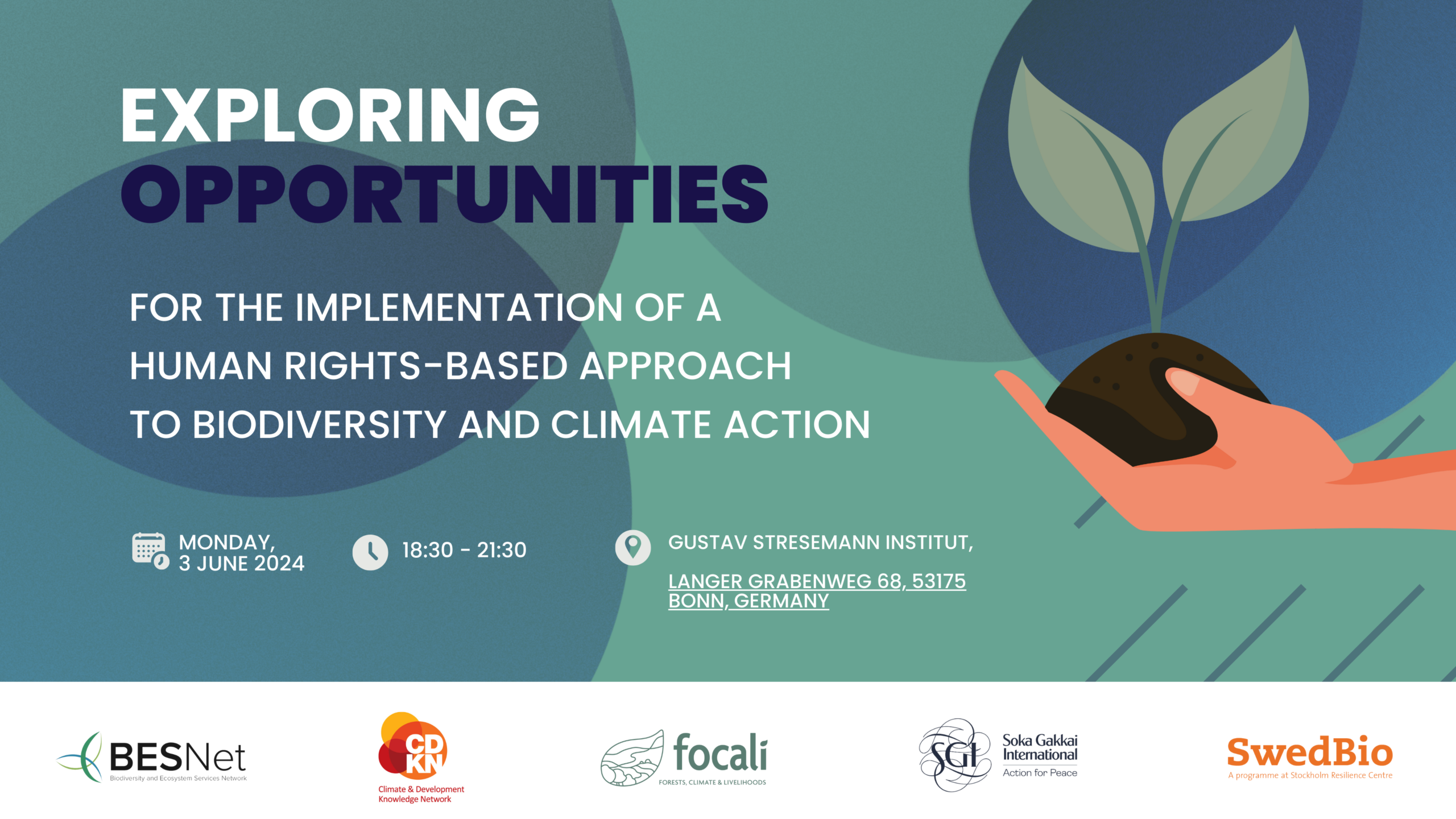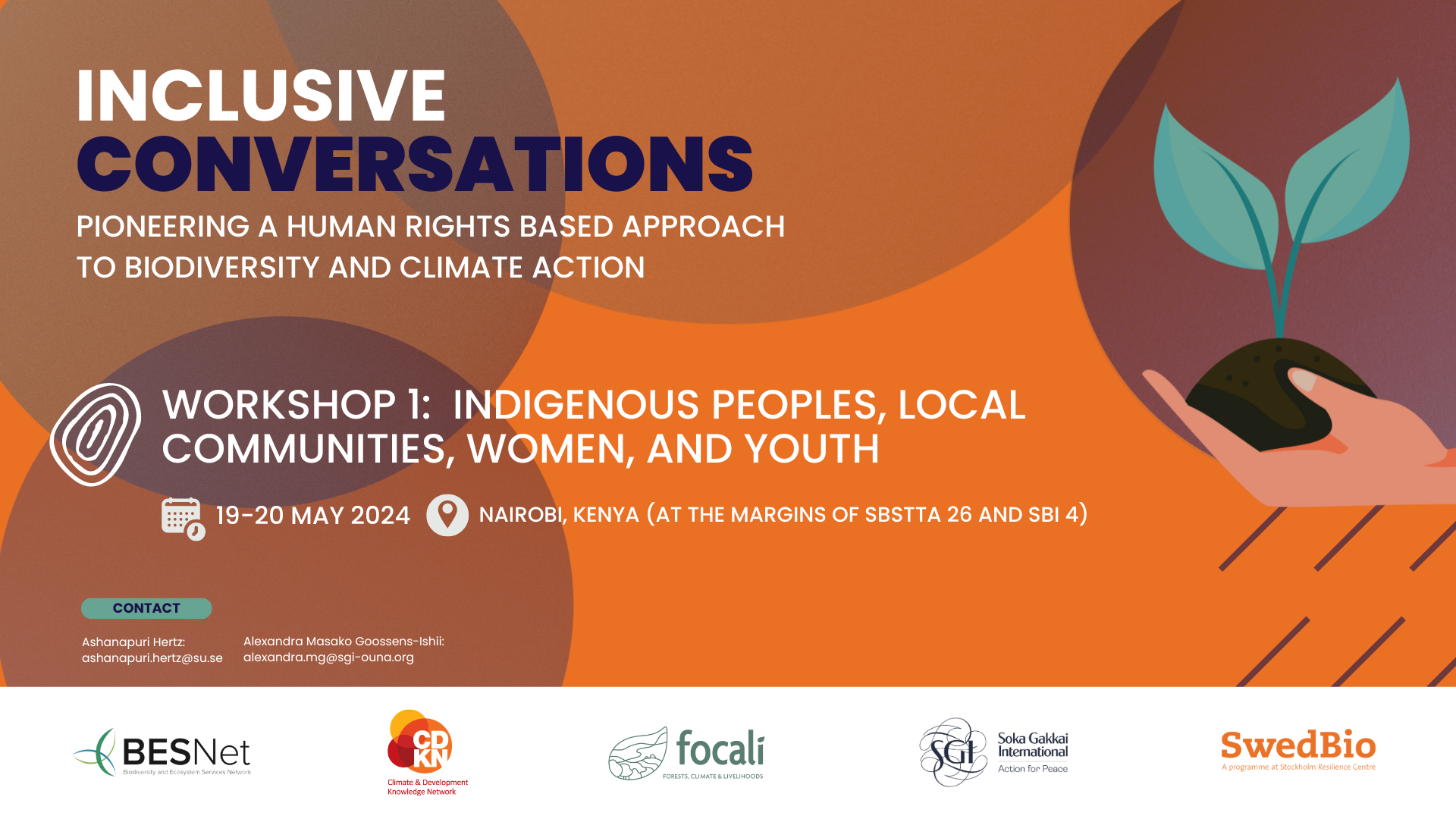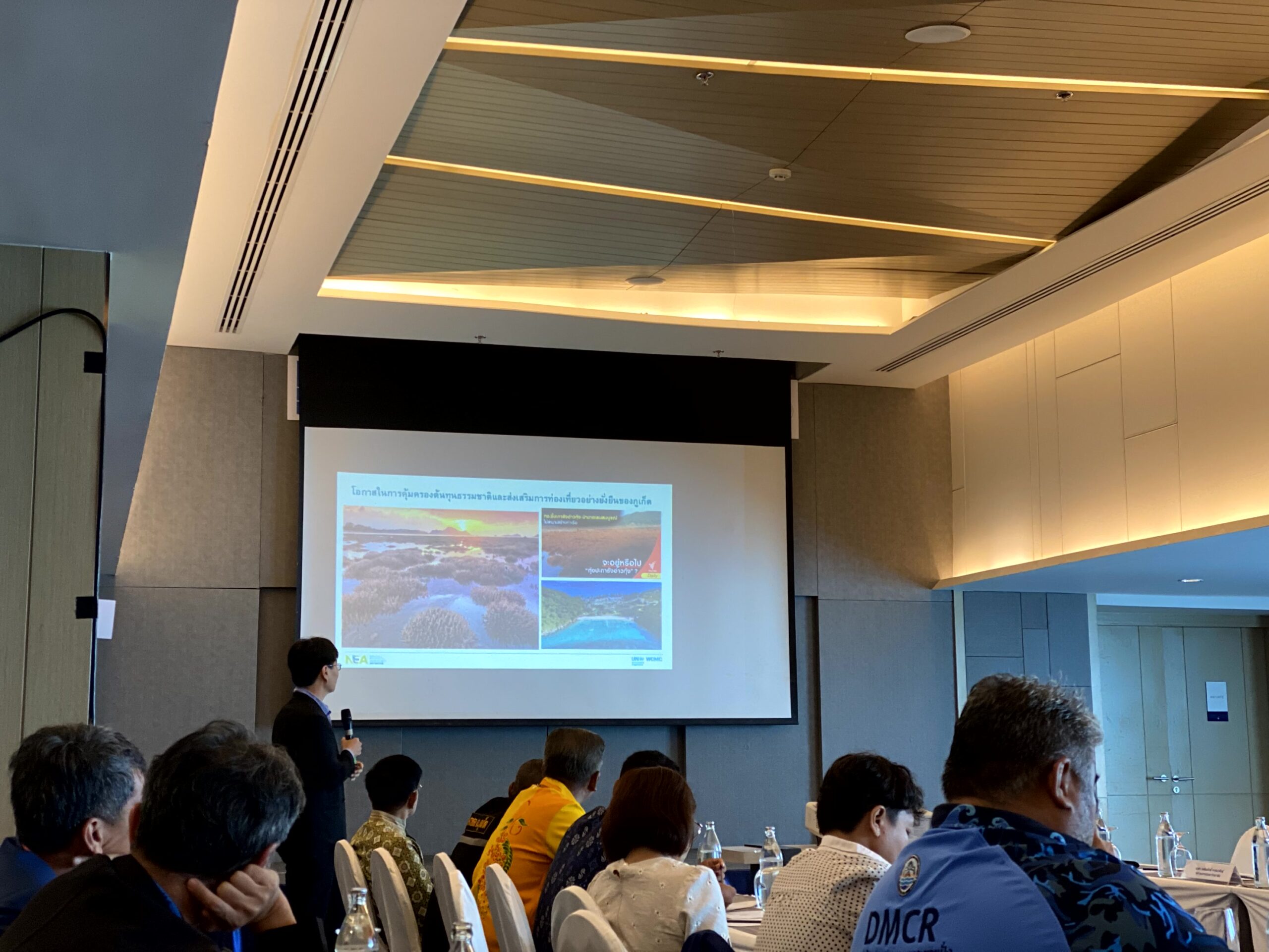Gender equality and women’s empowerment are critical to achieving biodiversity objectives. Examples show that gender-responsive environmental policy and planning can deliver multiple benefits for women and biodiversity.[1]
The identification of suitable policies and plans requires the generation of up-to-date and robust knowledge on biodiversity and ecosystem services (BES). Women and girls have a high potential to lead knowledge production and implementation of the solutions on the ground. For instance, women from indigenous and local communities hold a distinctive set of capacities and practices thanks to their special relationship with nature and their community. This position makes them unique knowledge holders and transformative catalysts, who are much needed in tackling many global challenges, including biodiversity loss.
However, prevailing systemic barriers often make women’s participation in formal spaces difficult, including policy dialogue. Consequently, the unique and complementary knowledge of women is missing from the available evidence base, limiting opportunities for identifying transformative solutions. At the same time, the interests, needs and priorities of women continue to be neglected in policies and plans, hampering progress towards gender equality and sustainable development.
Adequate representation of women in knowledge production, decision-making and policy planning is vital. More inclusive implementation of conservation efforts and greater efforts to leverage the distinctive knowledge that women, girls and people of all genders have about the planet and its ecosystems can put us on the right path to a more sustainable trajectory. Recognizing that all genders require the means to live in harmony with nature, mainstreaming gender considerations into the process of knowledge production and application can pave the way for transformative approaches to sustainable development.
The Biodiversity and Ecosystem Service Network (BES-Net) aims to enhance biodiversity action at the national and regional levels by harnessing the assessments and guides produced by the Intergovernmental Science-Policy Platform on Biodiversity and Ecosystem Services (IPBES) into concrete action on the ground. To this end, BES-Net builds capacity and promotes dialogue within and among scientists, policymakers and practitioners to jointly design transformative solutions and build knowledge and evidence for strategic action, to ensure healthy, thriving and resilient ecosystems. BES-Net is implemented jointly by the United Nations Development Programme (UNDP), the UN Environment Programme World Conservation Monitoring Centre (UNEP-WCMC) and the United Nations Educational, Scientific and Cultural Organization (UNESCO) as a consortium, in close collaboration with the UNEP-WCMC-managed National Ecosystem Assessment (NEA) Initiative.
This event aims to raise the awareness of BES-Net’s stakeholders on the critical importance of applying a gender lens in biodiversity conservation and share experiences of BES-Net’s partner countries on mainstreaming gender considerations into their work at the science-policy-practice interface. The webinar will be hosted by BES-Net via the Sub-Global Assessment Network (SGAN) to reach a wide range of stakeholders and knowledge holders engaged in ecosystem assessments. The SGAN aims to build the capacity of its members, including practitioners, researchers and policymakers, to undertake and use ecosystem assessments.
Dates
The webinar will take place on Tuesday 20 September 2022 at 14:00–15:30 BST.
The event will be delivered online through Zoom. It will be recorded and stored on the NEA Initiative website. Interpretation in Spanish, French and Russian will be provided.
Please register here to attend the event!
Audience
Open to public audiences, including:
- Members of SGAN
- Countries undertaking activities under the BES Solution Fund
- Country partners to the NEA Initiative
- Countries that participated/will participate in the BES-Net Regional Trialogues in support of the uptake of the IPBES Assessments
- Other partners under the BES-Net umbrella
Aim
To showcase the experience of BES-Net and its partners in mainstreaming gender into the process of generating and applying knowledge on BES and its benefits for people.
Objectives
- Provide participants with an overview of the status of mainstreaming gender in the post-2020 Global Biodiversity Framework and a brief contextual outline of the gender-environment nexus, including the key challenges and opportunities for delivering multiple benefits.
- Provide a platform for BES-Net partner countries to share their approaches and lessons learned on mainstreaming gender considerations into the process of BES knowledge generation and application.
- Host a panel discussion with gender experts and BES practitioners on best practice approaches for gender-transformative knowledge generation.
Agenda
| Time (BST) | Session | Facilitator |
| 14:00–14:05 | Introduction
Welcoming participants to the session Agenda Housekeeping |
Ceire Booth, Associate Programme Officer, UNEP-WCMC |
| 14:05–14:10 | Opening remarks by BES-Net
A brief introduction to BES-Net and its commitment to advancing a gender-responsive approach
|
Yuko Kurauchi, BES-Net Coordinator, UNDP |
| 14:10-14:20 | UNDP Gender Equality Strategy 2022-2025
An overview of the new UNDP Gender Equality Strategy. Putting gender equality at the heart of caring for people and the planet |
Aroa Santiago, Gender Specialist-Inclusive Economies, UNDP |
| 14:20–14:30 | Keynote presentation
Presentation on the status of gender mainstreaming in the post-2020 Global Biodiversity Framework, including the development of Target 22. A brief insight into the challenges, successes and lessons learned from this process. |
Mrinalini (Tina) Rai, Director, Women4Biodiversity |
| 14:30–14:45 | Stories from the field: Kazakhstan
Showcasing examples of gender mainstreaming in biodiversity and ecosystem services and its benefits for people.
Case study from Kazakhstan: Mind Your Step! – An experimental Gender Tool for Pollinator’s friendly value chain crops in Kazakhstan |
Gaukhar Nursha, Gender Specialist, UNDP Kazakhstan
Aizhan Baimukanova, Programme Associate, UNDP
|
| 14:45–15:00 | Stories from the field: Colombia
Presentation of examples of gender mainstreaming in the process of generating knowledge on biodiversity, ecosystem services and its benefits for people.
Women’s role and biocultural knowledge in National Ecosystem Assessment
|
Edith Bastidas, co-coordinator of the chapter on Biocultural Diversity of the Biodiversity and Ecosystem Services Assessment of Colombia
Fany Kuiru Castro, coordinator of Women, Children, and Family of the National Organization of Indigenous Peoples of the Colombian Amazon – OPIAC |
| 15:00-15:10 | The critical importance of engaging indigenous women in the production of knowledge on biodiversity
Experience of Latin America and Caribbean Indigenous Women Biodiversity Network – La Red de Mujeres Indígenas sobre Biodiversidad de América Latina y el Caribe (RMIB-LAC)
|
Maria Eugenia Choque Quispe, RMIB-LAC, member of the UN Permanent Forum on Indigenous Issues |
| 15:10–15:25 | Panel discussion with guest presenters facilitated by UNDP/UNEP-WCMC:
– A chance to dig a little deeper into some of the “key ingredients” that enabled gender mainstreaming to be a success in the case studies presented (e.g., sought relevant expertise, e.g., grassroots women, built strong networks who collaborate around common aims, the existence of strong women’s groups advocating for action, gender champions in relevant institutions… etc.) |
Q&A |
| 15:25 – 15:30 | Closing remarks | Ceire Booth, Associate Programme Officer, UNEP-WCMC |
[1] Secretariat of the Convention on Biological Diversity (2022). Best practices in Gender and Biodiversity: Pathways for multiple benefits. Available at: https://www.cbd.int/gender/publications/CBD-Best-practices-Gender-Biodiversity-en.pdf



